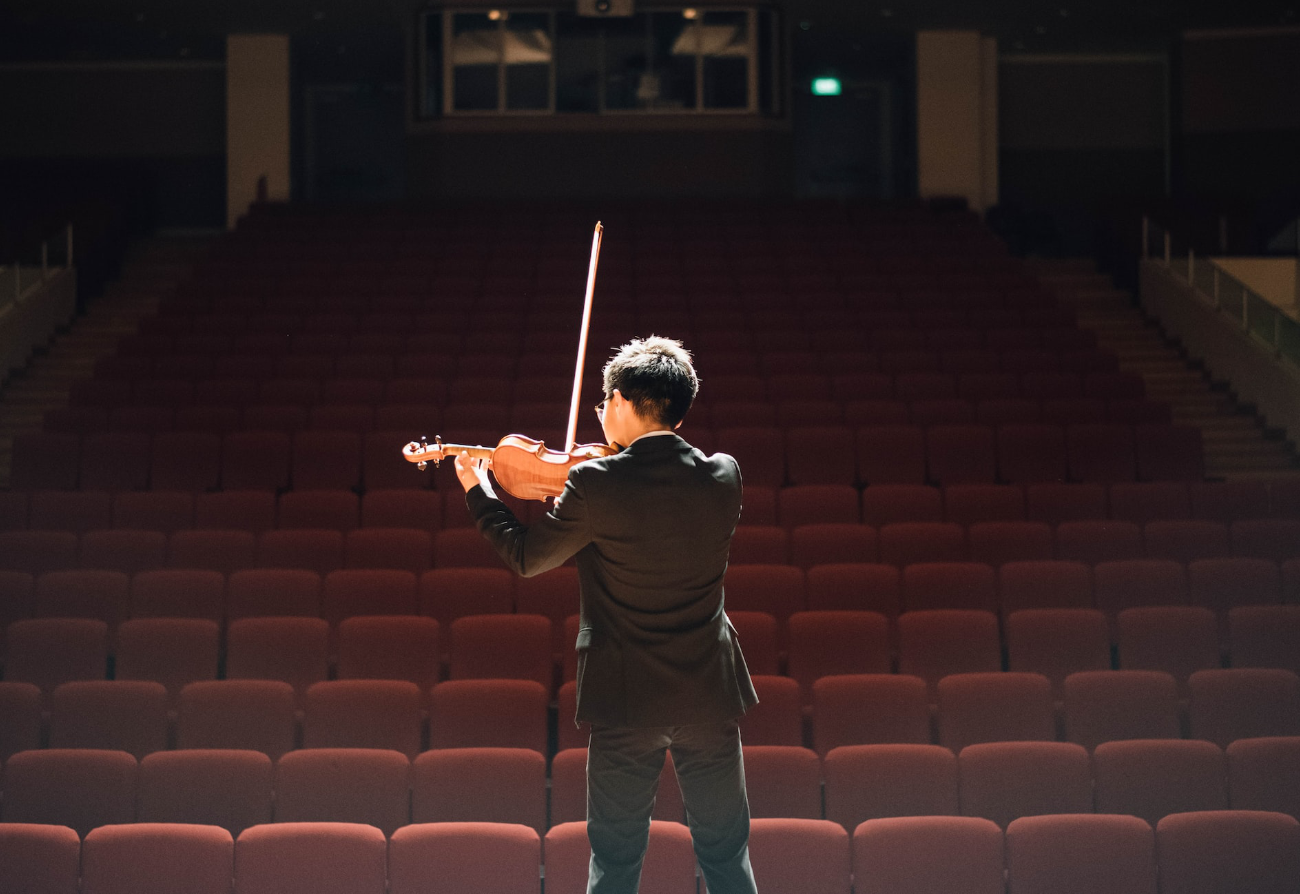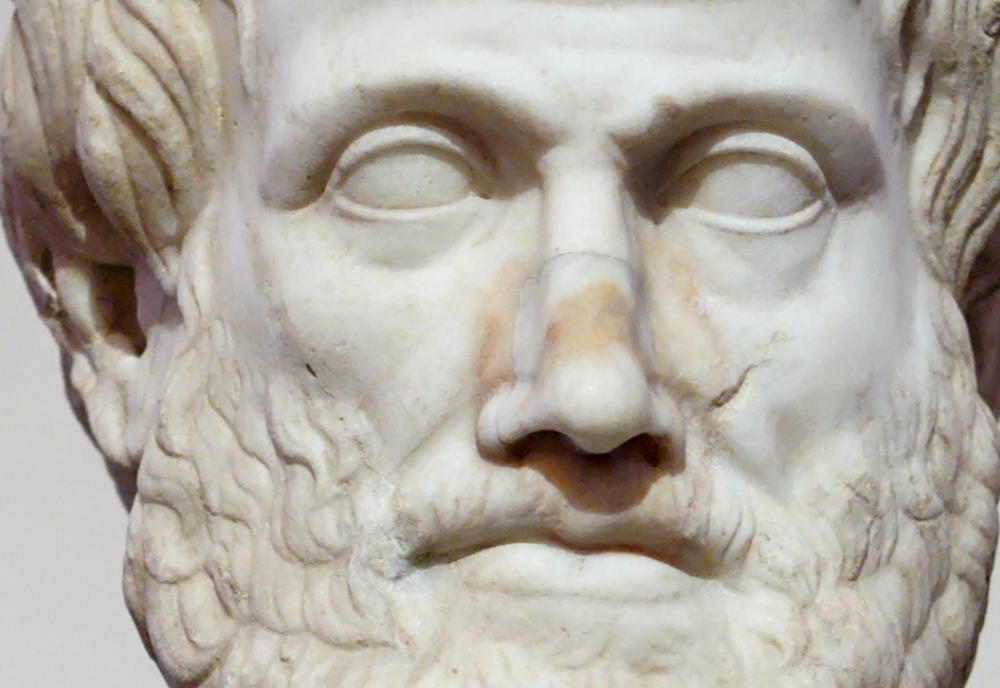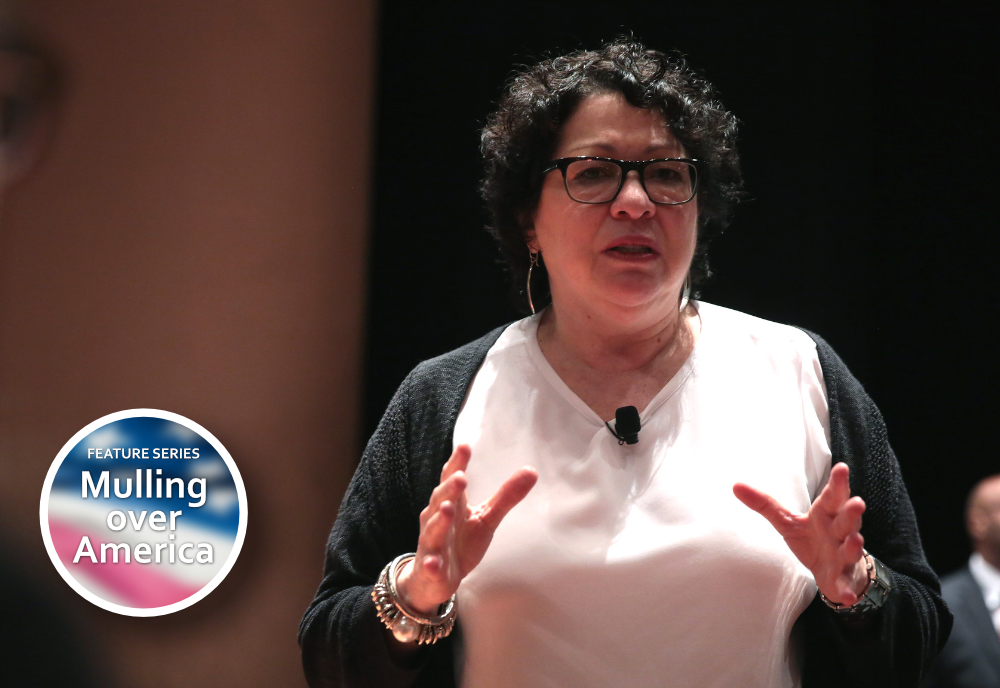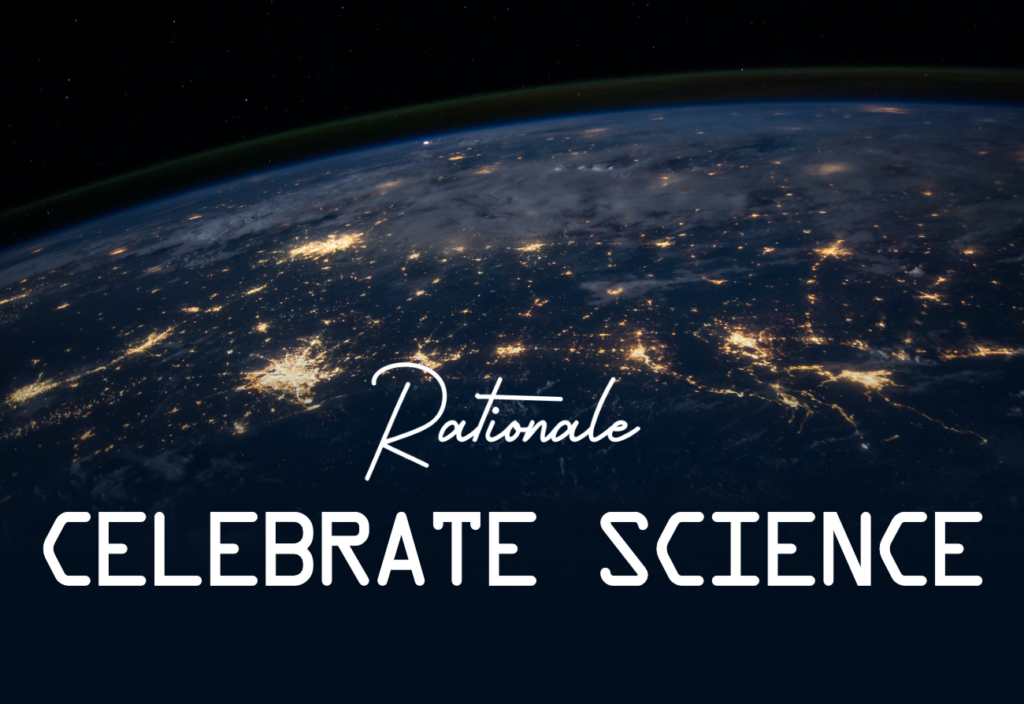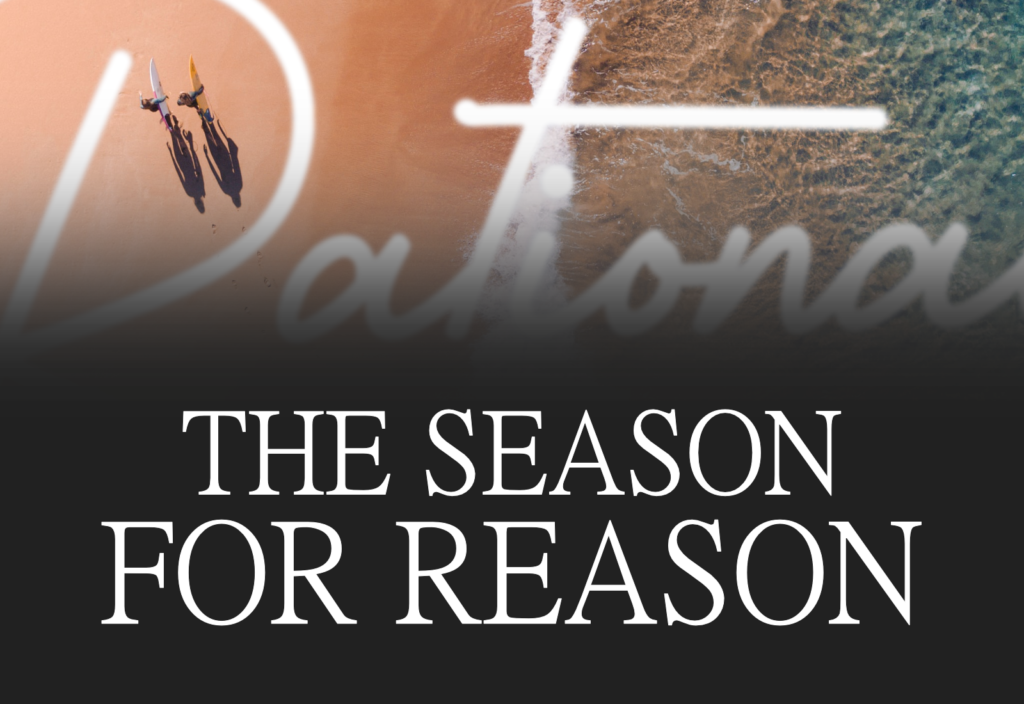One morning a few days ago, a sublimely mild and sunny summer day, I was walking the several kilometres into Melbourne’s central business district to get a couple of working print-offs done of my latest book of love poetry. Do rationalists write poetry? Well, this one does.
Anyway, as I walked with my earphones attached, I listened to Beethoven’s Violin Concerto in D Major, being performed by Itzhak Perlman. I have always loved this particular piece of music, but what struck me that morning was how utterly extraordinary it is to be able to walk while listening in private to a high fidelity recording of it – indeed, to be able to download a video recording of it and watch Perlman, performing decades ago, execute a virtuoso rendition of this masterpiece by one of the greatest composers of them all.
It’s ridiculous how quickly we come to take things for granted. This technology is dazzlingly contemporary and dependent on the most exquisite technology – itself grounded in advanced physical science.
Yet so many of us download our favourite music – classical or otherwise – at any given time and in any given place, and just unthinkingly tune into it without being blown away constantly that this is even possible.
This was the thought that occurred to me that summer morning. And it was followed by the reflection that in this alone we have an argument in favour not only of a ‘scientific worldview’ but of the view that there really has been ‘progress’ over the course of historical time and that we are the beneficiaries of that progress in so many ways.
This is but one of them, but it encapsulates so much that I felt inspired to write about the matter for Rationale.
Consider, to begin with, that had the pre-Socratic natural philosophers, from Parmenides to Democritus, not broken with conventional folk tales about how the world works and had they not started to attempt to think through how it actually does, none of this technology would exist.
Certainly, much basic technology has been invented on a pragmatic basis, without any systematic theory of the physical world. But that only gets you so far. The ontologists and atomists were reaching for something vastly more ambitious.
Those ambitions, however, took many centuries to come to fruition. The modern scientific revolution from the 16th, and especially 17th and 18th, centuries set things on a new footing. Our understanding of cosmology – and all philosophy, claimed Karl Popper, is ultimately cosmology – physics, chemistry, biology, mathematics, logic and then of the history of life on Earth, the evolution of our own species and the archaeology of the ancient past were all revolutionised in the modern world.
It is out of that revolution, and from nowhere else, that the technologies of our time spring.
Ludwig van Beethoven was a child of that path-breaking epoch. His music – most famously his Third and Ninth Symphonies – are celebrations of human heroism, emancipation and possibility. His Violin Concerto is a jeux d’esprit – a play of the spirit. And all that was true long before any of them could be recorded electronically, much less downloaded onto a phone and listened to while out walking.
This may appear to be stating the obvious, but at a time when so many people – for various reasons – dismiss the very ideas of progress, a scientific worldview, scientific expertise or Western civilisation, it seems to me to be well worth emphasising that all of this arose out of the heroic labours of Western scientists, inventors and creative artists.
Sure, the findings of the sciences and their engineering offspring have spread all over the world, in the past century. But we should be clear that they did not appear by magic or everywhere.
I was thinking all this, in a somewhat associative manner, as I walked. It then struck me that there was another thread or theme in all this. When I listen to Itzhak Perlman playing Beethoven’s Violin Concerto, I am tapping into not only the brilliant technological innovations of the 21st century but the whole history of music itself. My mind began to dance back down that pathway into the very origins of music and how it has evolved, along with human civilisation, over the millennia.
Some years ago, I read with fascination Gary Tomlinson’s A Million Years of Music: The Emergence of Human Modernity (2015). Tomlinson (born 1951) is John Hay Whitney Professor of Music and Humanities at Yale University. His book was a systematic attempt to reconstruct how human ‘musicking’ could have begun and what selection pressures drove its emergence. His reasonings were lucid and his findings fascinating.
Around the same time, I was reading Oliver Sacks’ Musicophilia: Tales of Music and the Brain (2008), in which he expressed puzzlement that so little attention had been paid to the way music affects our brains and emotions. This had first struck him in the mid-1960s in a clinical context. Music, he reflected, is omnipresent and deeply important to our brain functions, yet it has been – until very recently – almost entirely trivialised as a subject of inquiry. Charles Darwin himself brushed it aside as of no consequence.
In 2021, I acquired Michael Spitzer’s then newly published study The Musical Human: A History of Life on Earth (2021). Spitzer, himself an accomplished pianist and a world authority on Beethoven, sought to build on Tomlinson’s work and, in a sense, begin to remedy the deficiency that had puzzled Sacks. His final chapter is titled ‘Eleven Lessons on Music’s Nature’. In that chapter, he summarises the argument of the book, which is that music is the felt rhythm of life transposed into emotion-inducing sound.
But it’s more than that. He argues that our animal nature has, in important respects, been “progressively tamed and symbolically killed by the musical human”, that music “represents the triumph of physical over animal nature, of structure over emotion, of the iron cage over the animal within”. For just that reason, it plays an integral and intimate role in numerous vital cognitive functions, to which we have remained partly oblivious.
But apart from this evolutionary and neurological angle, I found myself reflecting that, had it not been for the invention of musical notation, just a thousand years ago, we would not have the music of Beethoven (or hundreds of others) that we cherish.
For that reason, upon my return I delved back into Richard Taruskin and Christopher H. Gibbs’ The Oxford History of Western Music (2013) to refresh my memory on that topic and ended up re-reading the sections on choral music and the development of polyphony in the Catholic Middle Ages.
But, even while still walking, I was struck by the necessary evolutionary sequence: notation, musical variation, choral polyphony, instrumentation, orchestration, opera, symphonies, concertos and sonatas, performance, electronic recording and the gramophone, all by the beginning of the 20th century. It was a dance of the mind.
David Schoenbaum’s The Violin: A Social History of the World’s Most Versatile Instrument, also initially added to my library in 2013 on its publication, leapt off the shelves, first into my mind as I walked, then into my hands. Would you have thought of the violin as the world’s most versatile instrument? I’d have nominated the piano. That’s how much I know – or, more precisely, how little – about musicology.
Schoenbaum observes that, while the violin seems to have emerged in Europe sometime between 1492 (Columbus’s first voyage) and 1564 (the birth of Shakespeare), and to have evolved in competition with numerous other stringed instruments:
Its impact on Western culture has been as radical in its way as that of the printing press or the steam engine. Within a few lifetimes, makers, players, composers and collectors had taken the violin to heart as one of the great breakthroughs in the history of culture, even technology. By the end of the seventeenth century, it had rerouted the course of both instrument and music making, leaving a trail of musical forms and ensembles – orchestra and string quartet, symphony, concerto and sonata – that reached around the world. They still defined the musical landscape three centuries later.
He then explained what he meant by the term ‘most versatile’:
…no previous box had shown itself to be so comprehensively adaptable and desirable to so many people in so many ways, while appealing to virtually every sensory organ but the tongue… The new instrument merged design and materials, science, art and craftsmanship in a marriage seemingly made in heaven.
And close to the apex of all this stands Beethoven’s Violin Concerto in D Major, while Itzhak Perlman stands close to the pinnacle of those who have performed it. And I could absorb all this, revel in it, allow it to massage my obsessively active, rationalist brain while walking in the sunlight. O bliss, O joy, O rapture!
And what of the Violin Concerto itself? Jan Swafford, in his Beethoven: Anguish and Triumph (2014), remarks not only that it is a piece of exquisite beauty but that it was the culmination of a year (1806) which had seen “a rush of inspiration scarcely equalled in the history of human creativity”.
Beethoven had – while coping with crushing physical and emotional pain – composed the three Razumovsky string quartets, the Fourth Symphony, much of his Fourth Piano Concerto, his second and third Leonore overtures, the revisions to his opera Fidelio and the Violin Concerto. Moreover, he had composed the Violin Concerto at great speed.
Listening as I walked, pulling this together, I rejoiced in being an educated, leisured and rational human being.
If you wish to republish this original article, please attribute to Rationale. Click here to find out more about republishing under Creative Commons.
Photo by CHUTTERSNAP on Unsplash.

